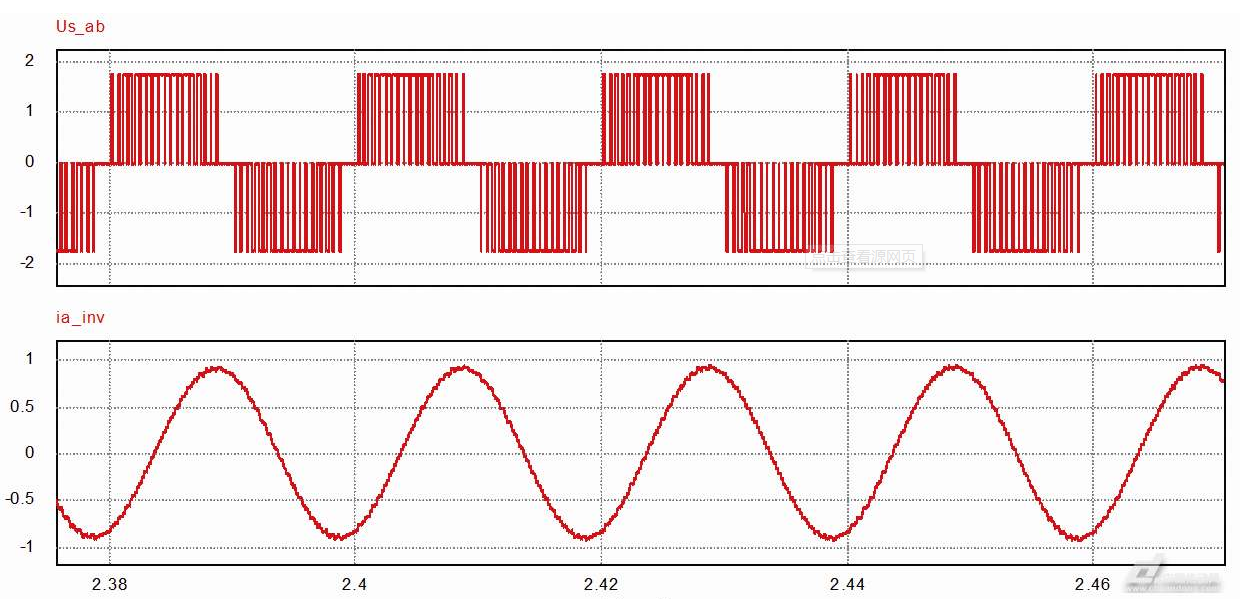What is the difference between sine wave control and square wave control of DC brushless motor?
What is DC brushless motor?
The brushless DC motor is developed on the basis of the brushless DC motor. It has the advantages of stepless speed regulation, wide speed regulation range, strong overload capacity, good linearity, long life, small size, light weight, large output, etc., which solves a series of problems existing in the brushless motor. Because brushless motors do not have brushes for automatic commutation, electronic commutators are needed for commutation. The brushless DC motor driver performs the function of this electronic commutator.
Brushless motor control mode
At present, the control of DC brushless motor is mainly divided into two categories: square wave control (trapezoidal wave control) and chord wave control. What are the principles of these two types of control methods?
(1) Square wave control: The position of the motor rotor is obtained through the Hall sensor, and then 6 reverses (once every 60°) are carried out according to the position of the rotor within the electrical cycle of 360°. Each commutator position motor outputs a force in a specific direction, so it can be said that the position accuracy of the square wave control is electrical 60°. Because under this control, the phase current waveform of the motor is close to the square wave, it is called square wave control.
(2) String wave control: The SVPWM wave is used, and the output is a 3-phase sine wave voltage, and the motor phase current is a sine wave current. It can be considered that several continuous changes of commutation are carried out in one electrical cycle, without abrupt commutation current. Obviously, sine wave control compared with square wave control, its torque fluctuation is smaller, the current harmonics are less, and the control feels more "delicate".
03
Square wave and chord wave point
Square wave control characteristics
(1) The price is cheap. The driver algorithm is simple, the development difficulty is low, the development cost is low, and the hardware cost is lower than the chord wave control cost;
(2) Acceleration and deceleration is simple and rough, similar to the blast throttle, but also easy to overshoot;
(3) The matching motor is simple and has low requirements for the hall phase, phase inductance and phase resistance of the motor;
Sine wave control features
(1) Smooth operation, small torque fluctuation. Servo-like control, smooth operation effect, not easy to fluctuate by load changes;
(2) More stable and reliable, high service life. Chord wave control can avoid the impact of peak current, while square wave control is easy to produce peak current, impact the mos tube and motor, and easy to affect the service life.
(3) Quiet, low noise. When the motor is running, the "squeaky" current sound can be obviously heard by the square wave control, while the chord wave control current sound is very small.
(4) High efficiency, energy saving and emission reduction. The use effect of the wave control motor is higher, and the current required for the output of the same power is lower;
(5) The algorithm is more difficult, and the cost of wave control will be higher;
How to choose square wave and chord wave drive
Since the brushless motor control mode has two kinds of string wave and square wave, how to choose?
(1) The operation effect, performance, stability and reliability are not too high requirements, the pursuit of low cost, choose square wave driver;
(2) If you want to have good operation effect, stable reliability, quiet, low power consumption and high efficiency, select the sine wave driver;
|
Disclaimer: This article is transferred from other platforms and does not represent the views and positions of this site. If there is any infringement or objection, please contact us to delete it. thank you! |












